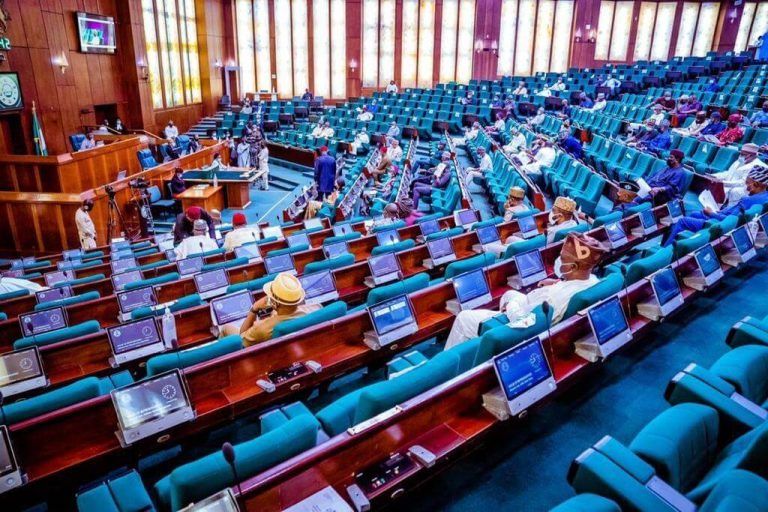The House of Representatives Ad-hoc Committee on the security challenges in Plateau State and beyond has assured Nigerians that it will present holistic recommendations to ensure justice, fairness, and lasting security for all affected communities.
The committee was mandated by the House to convene a Special Security Conference aimed at addressing the persistent insecurity in Plateau State and surrounding regions.
Speaking at the committee’s inaugural meeting, Chairman Dr. Wale Hammed stated that the group will engage extensively with key stakeholders—including security agencies, traditional rulers, community leaders, civil society organisations, youth and women groups, researchers, and political actors—to find a sustainable way forward.
Hammed lamented that the security crisis in Plateau State has lingered for far too long.
“We are all witnesses to the unfortunate and recurring cycle of violence that has left many communities in sorrow, displaced countless families, destroyed livelihoods, and eroded trust among ethnic and religious groups,” he said.
He noted that the ripple effects of the violence are not limited to Plateau State, but extend to neighbouring states, threatening national stability.
“It is for this reason that the House of Representatives, in its plenary session on May 8, 2025, acting in response to the yearnings of the people, mandated the formation of this Committee,” Hammed explained.
He emphasized that the Special Security Conference will not be a mere formality, but a genuine platform for truth-telling, healing, dialogue, and actionable solutions.
“Our aim is not just to diagnose the problem—much of which we already know—but to chart new pathways toward lasting peace, security, justice, and reconciliation,” he said.
Dr. Hammed urged members of the committee to carry out their duties with integrity, impartiality, and sensitivity.
“We are expected to engage stakeholders across the affected communities and beyond; identify root causes and trigger points of the conflicts; design the framework and agenda for the Conference; ensure inclusion by giving voice to all segments of society; and produce a comprehensive report with actionable recommendations,” he outlined.
He concluded with a powerful reminder:
“The eyes of the people are on us. This task is not about politics—it is about people, about communities, about peace, and about the soul of our nation. Let us work collaboratively and diligently. Let us listen more than we speak. Let us lead with empathy and courage.”















